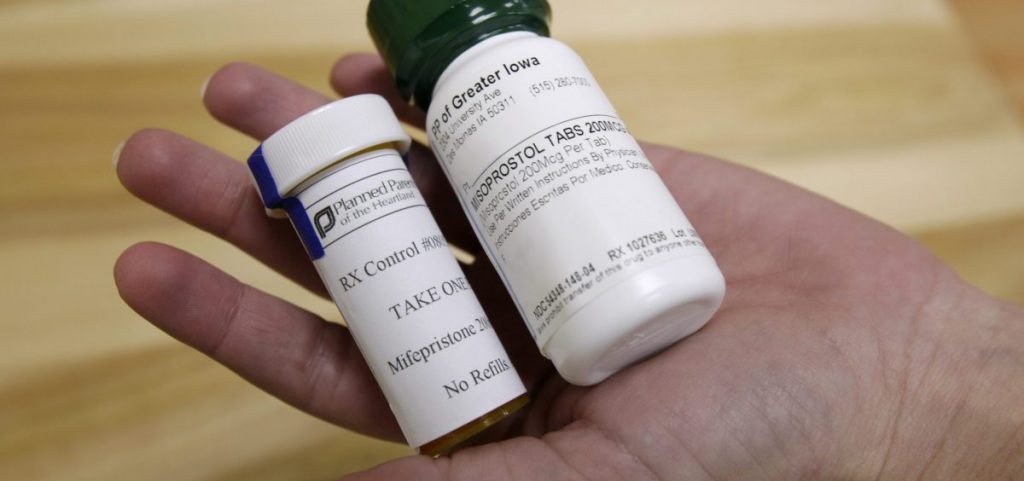Geoff Bennett:
It’s the latest flash point in the fight over abortion rights, dueling decisions.
In Texas, a federal judge is halting the FDA’s more-than-20-year-old approval of the drug mifepristone, one of the main medications used to provide abortions. But less than an hour later, a conflicting court ruling out of Washington state. A judge there ordered the federal government to protect access to the drug in 17 Democratic-led states and the District of Columbia.
The two decisions are the most significant abortion ruling since the U.S. Supreme Court overturned Roe v. Wade last summer.
For more on the legal path ahead, are joined by Mary Ziegler. She’s a law professor at the University of California, Davis. Her most recent book “Roe: The History of a National Obsession.”
Thank you for being with us.
And these competing orders signal that this issue is almost certainly bound for the U.S. Supreme Court. We could be waiting for another potentially seismic ruling on abortion. Walk us through the next steps. What’s — what’s the timeline?
Mary Ziegler, University of California, Davis: Well, we’re seeing — the government has sought a stay of the court’s ruling and also tried to buy more time, essentially, before anything happens for the parties to more fully air this out before there is a decision whether the approval of mifepristone will be suspended.
Of course, the FDA is appealing on the merits the conclusions that Judge Kacsmaryk drew in the Texas ruling and is seeking clarification from the Washington court about what exactly the FDA is being asked to do, given Judge Kacsmaryk’s ruling. So there are a lot of filings being fired off here and there.
We think, ultimately, that we’re going to need to get clarity both from the Fifth Circuit Court of Appeals and ultimately from the U.S. Supreme Court, given that the FDA is being given these conflicting instructions.


